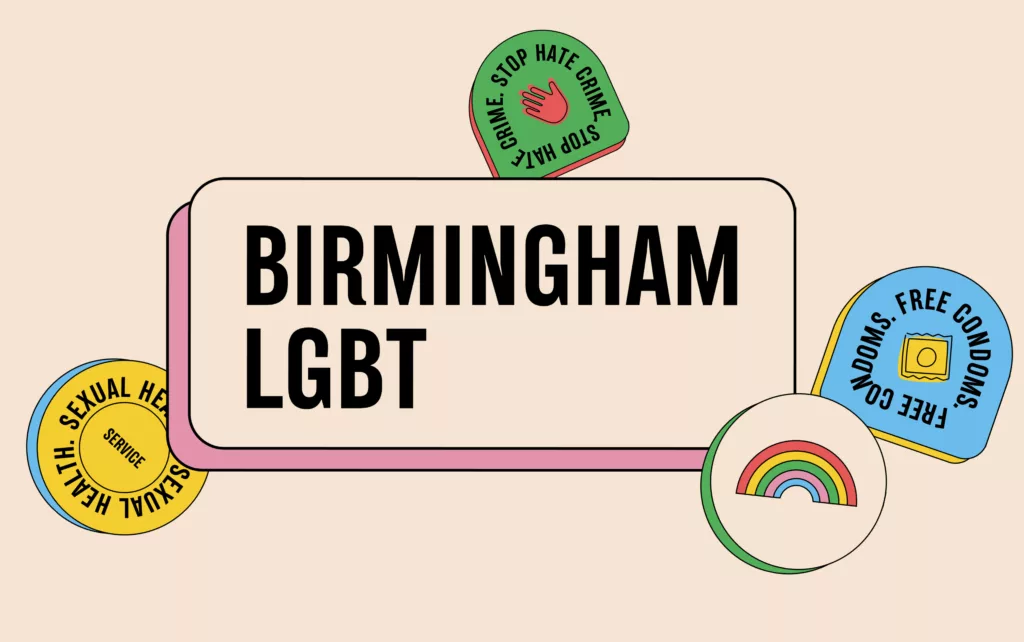On the 1st of December is World Aids Day and this week is National HIV Testing Week (22-30th November).
Over the past few months the media has been raising awareness about HIV as HIV diagnoses are still climbing year on year in most age categories for men who are having sex with men (MSM).
The table below presents the statistics about new HIV diagnoses in the sex between men group and age.
| Diagnosis Age |
2010 |
2011 |
2012 |
2013 |
| 15 – 24 |
359 |
399 |
447 |
462 |
| 25 – 34 |
938 |
1047 |
1106 |
1131 |
| 35 – 40 |
1140 |
1089 |
1122 |
1046 |
| 50+ |
292 |
304 |
362 |
308 |
https://www.gov.uk/government/statistics/hiv-data-tables (Public Health England, 2014)
I am concerned about why people of all sexual orientations are still having high risk sexual activity without being aware of the risks involved or not thinking about the risks that are involved in risky sex. Not just the risks from HIV but from other STI’s and HEP C.
Is it concerning that HIV rates are rising in young gay/bi men? Is it demonstrating that young gay/bi men are not adequately prepared in protecting themselves from Sexually Transmitted Infections? The Department of Health have poured millions of pounds in to campaigns about HIV and using condoms but yet the figures keep on rising. Is it the failure of the Government to ensure that schools provide adequate sex and relationships education to young gay/bi men? Do young gay/bi men care whether they get HIV anymore? Why are young gay/bi men now more at risk than ever before? Are young gay/bi men more at risk now than ever before? It’s a bit like banging my head against a brick wall. I know several of the questions raise several possible answers. Research has shown that sex and relationships education is poorly taught in schools, at the moment the relationships and sex education bill is going through Parliament and is expected to fail, I would argue this is because those with the power to make important decisions are behaving like ostriches with their heads buried firmly in the sand ignoring the very issues that are putting young people at risk. It is concerning that young gay/bi men are contracting HIV and the figure of new diagnoses is still rising year on year and that sexual health providers, schools and the Government need to act now to make a change. Are young gay/bi men or gay/bi men in general just willing to take the risk or be ignorant to the risk of contracting HIV and the treatment that comes with it? Both the medical treatment but also societal attitudes towards people with HIV.
The message this week is about getting yourself tested, HIV Prevention England are sending this message out this week across social media. I recently got myself tested, first a sexual health advisor spoke to me, asked me to fill in a few details and talked to me about the process involved. I discovered that the test only takes twenty minutes with the short test and they also took a test that takes two weeks to just to check the short test has been accurate for HIV and I gave a urine sample for everything else. Although only twenty minutes, it feels like a long twenty minutes whilst thinking to myself “I have been safe haven’t I?” “Have I done anything high risk?” “Could it be positive?” and I sat there worried and anxious until the sexual health advisor gave me the result.
To conclude, with Worlds Aids Day being December 1st and this week being National HIV testing week, testing is important and we have continued to talk about HIV. Social media campaigns about HIV are visible but do more magazines and social networks need to carry more messages about HIV prevention, protection and care? Or has there been a saturation of this message? Or do we need to reopen the debate and explore the messages that are being given? As the statistics show in the table above HIV is increasing in a new generation of men, we need to be exploring the myths surrounding HIV and get sexual health providers and schools to educate people about the potential health risks that come with having a HIV positive diagnosis, not just to get tested but to educate people about the responsibilities of having safe, consensual and negotiated sexual contact with others. We all have a responsibility to look after our own sexual health as well as others.


